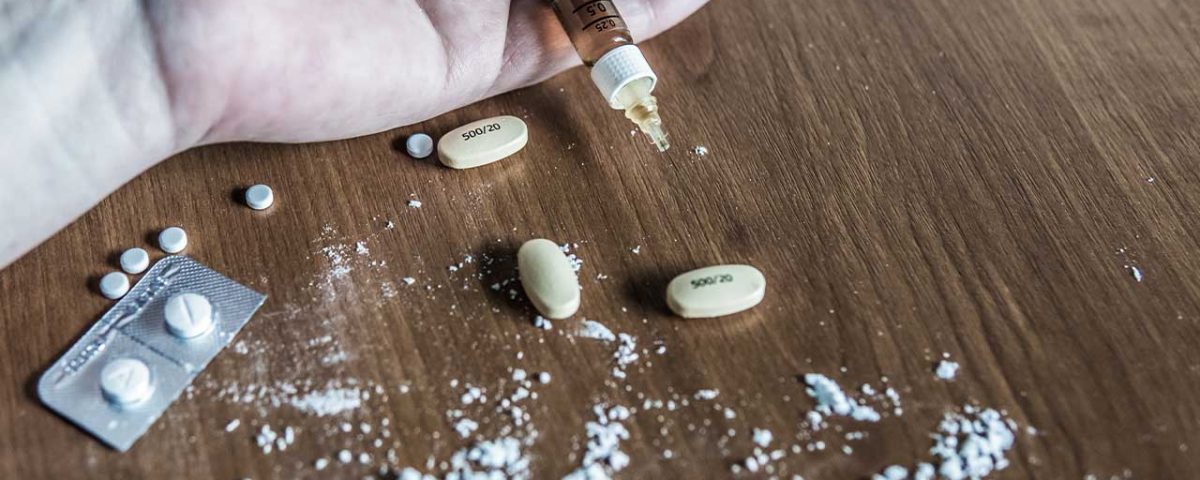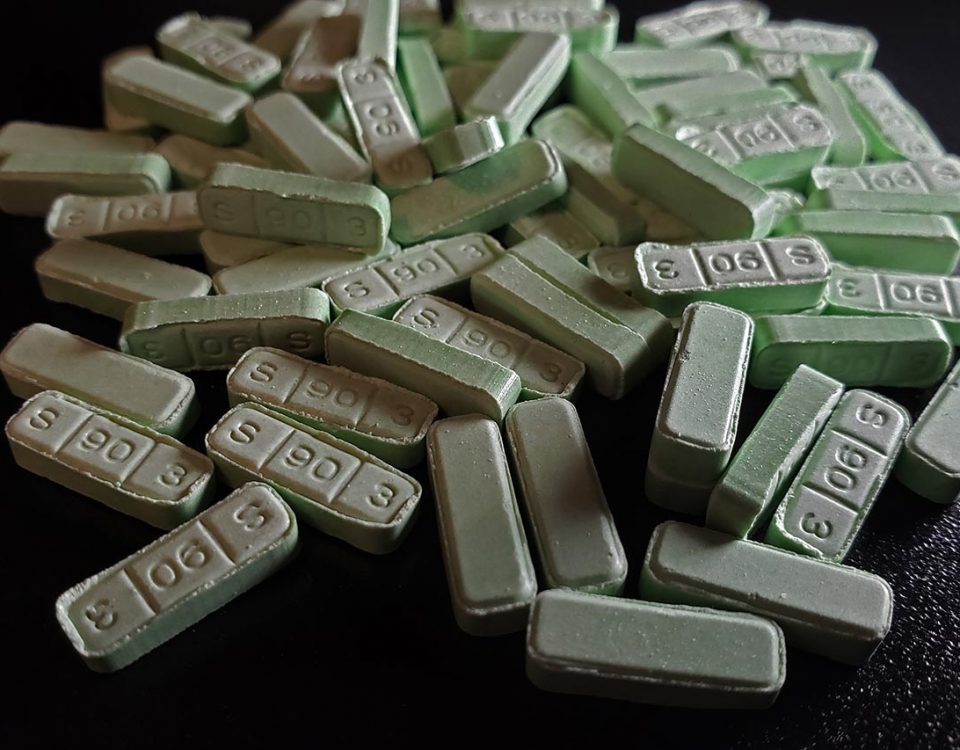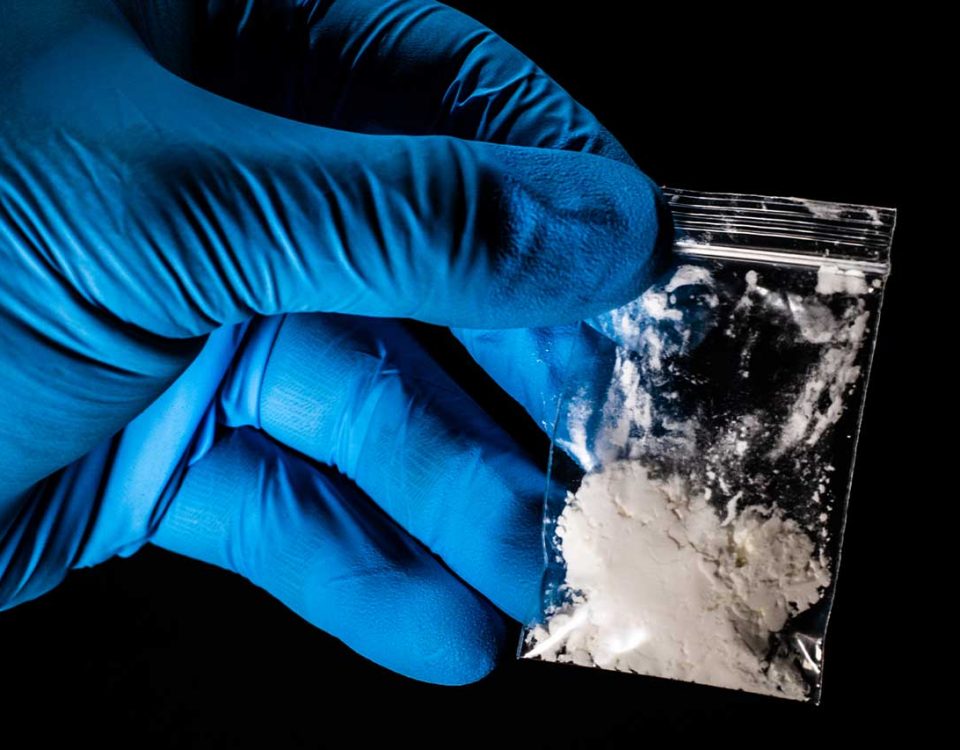Acetyl fentanyl is a potent opioid analgesic, a substance that acts as opioid receptors to reduce pain or morphine-like effects. This type of fentanyl has not been approved for medical use in America, and there are no published studies or excess research about the safety or overall harm it has on humans. The chemical structure of the substance is complex, and acetyl fentanyl and fentanyl are in the phenylpiperidine class of synthetic opioids. It may be used as a substitute or alternative to heroin.
What Does Fentanyl Look Like?
Acetyl fentanyl and fentanyl look alike, but acetyl fentanyl contains a phenylacetamide group. Synthetic opioids can be in powdered form or tablets. It may appear as an off-white or light brown color. The colors of heroin are similar and confuse users, especially since addicts will result in the use of fentanyl if heroin is unavailable.
Finding fentanyl in heroin, or laced heroin, is not uncommon, and deaths because of the issue began to dramatically increase in 2013. In 2006, a fentanyl outbreak happened in heroin users and was isolated to one lab in Mexico. The synthetic drug abuse prevention act soon followed a few years after this problem arose.
Fentanyl vs. Heroin
Fentanyl may be referred to as “heroin’s synthetic cousin.” The substance is more deadly than heroin as its harmful effects can damage the body and mind more rapidly, plus it is fifty to one hundred times more potent. Fentanyl is inexpensive to produce, so it’s often laced with heroin or other common illicit street drugs. Side effects can include anxiety or depression, unusual thinking, sudden behavior change, reddening of the skin, and mouth pains and sores.
Heroin is not as dangerous as fentanyl, but fake heroin can cause overdose, coma, or death. Opiate treatment is highly advised if a person shows signs of heroin addiction. Short-term effects include flushing in the skin, feeling a heavyweight in arms and legs, impaired judgment, and drowsiness. More severe effects may cause mental disorders and liver and kidney disease. Fentanyl, compared to heroin, makes the drug seem less serious, but both drugs, especially if consumed together, are life-threatening.
Heroin Treatment at Banyan Treatment Centers Massachusetts
From heroin addiction treatment to prescription pills and other substances, our Boston addiction treatment center has you covered. We offer unique services like our family program and intervention and relapse prevention services. Our experienced medical staff is here to help you receive the addiction care you need to achieve your recovery goals!
Please, don’t wait to speak to a professional at Banyan Massachusetts today by calling 888-280-4763 and asking about our special levels of care to get started today!
Source:
- USDOJ - https://www.deadiversion.usdoj.gov/drug_chem_info/acetylfentanyl.pdf
- ScienceDirect - https://www.sciencedirect.com/journal/neuropharmacology
Related Readings:









